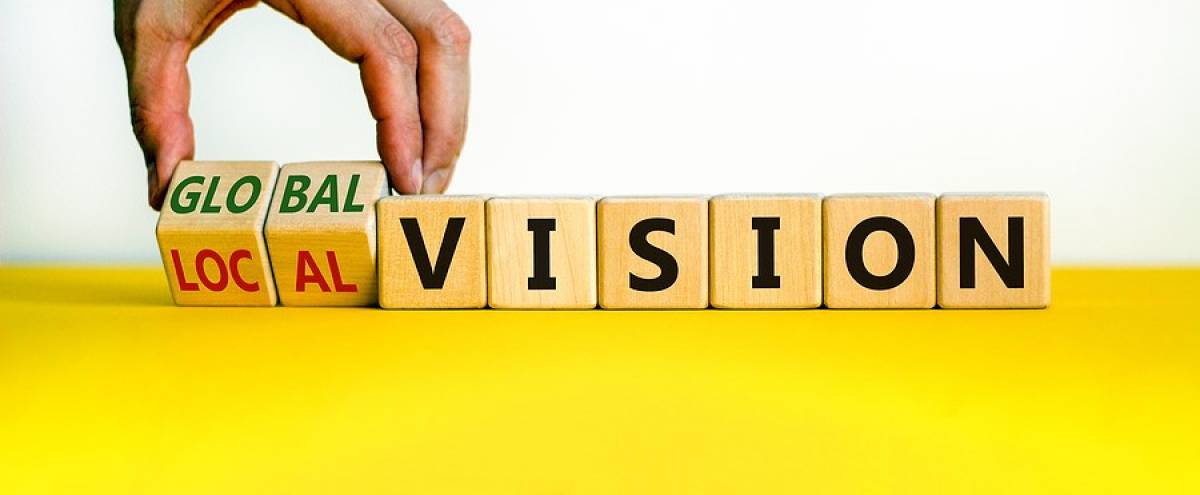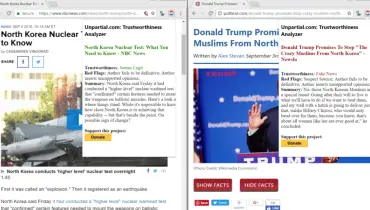The Role of Localization in Advertising Translation

Most businesses need to use advertising to help sell their products or services. A business that doesn’t need a marketing strategy, which almost always involves advertising, is either so much better than its competitors or doesn’t have any competitors at all, i.e. it is a monopoly.
The need for advertising only increases when a business intends to sell its products or services to a wholly new market, such as an international market or a national market whose first language is different from that of the business. That’s when the business will need an advertising translator and in most cases, one who is a specialist in localization.
What Is localization?
While marketing or advertising translation may be understood to be essential if a new market is to be reached whose main language is different, many businesses overlook the role of localization. Localization is the conversion of text, as well as other accompanying material, such as images, graphics, slogans and video clips so that it is sensitive to the cultural, ethical, religious and socio-economic norms of the new target market.
In the past, many big firms have launched an international marketing drive without understanding the importance of localization. Straightforward translation of marketing material has often resulted in some superb blunders.
Brand names and slogans have been misinterpreted to be rude, pornographic, dull or incomprehensible when translated into another language. Even translation between what many would think as reasonably similar languages, such as between English and German, Dutch or one of the Latin languages has resulted in spectacular gaffes. These marketing mistakes may have led to a lot of jokes, but the jokes are on the business that has made the mistakes, often resulting in poor sales figures and a lack of respect or interest in the business’s products or services.
Even marketing in the same language can result in mistranslation when there shouldn’t be a need for translation. The difference between British English and U.S. English is more than some well-known spelling differences. U.S. customers would be confused as to what a ‘lorry’ is or put off when temperatures, lengths and weighs are expressed in metric units rather than U.S. units.
Conversion of marketing material, including advertising between English and languages that are only very distantly related such as Korean, Arabic and Turkish needs even more sensitivity and direct knowledge of the idioms, colloquialisms, cultural and ethical norms of the people who speak these languages.
Businesses Should Aim for Professional Localization Strategies
A business that is branching out into international markets should be aware of just how important it is to translate all their marketing material, from websites, to social media advertising, GoogleAds, traditional ads in the mainstream media, posters and flyers.
The worst mistake is to sidestep using a professional marketing translation agency and just going for something like GoogleTranslate.
There are a number of computer generated tools now available that can certainly appear to translate a business’s marketing requirements cheaply and quickly, but the efforts are unlikely to result in good sales figures precisely because of the mistranslation that often accompanies these techniques as well as the potential gaffes in meaning.
It is a wise move to look carefully at what individual translation agencies can provide. Most translators specialize in one or another field of translation as well as in one or more languages they can translate fluently.
Businesses should always choose the translation service that offers the languages they want as well as specifically offering a localization strategy for everything they translate.














![Feature Image - [node:title]](/sites/default/files/styles/video_thumbnail_bottom/public/signs-of-a-burnout.jpg?itok=uh-0UN0z)







